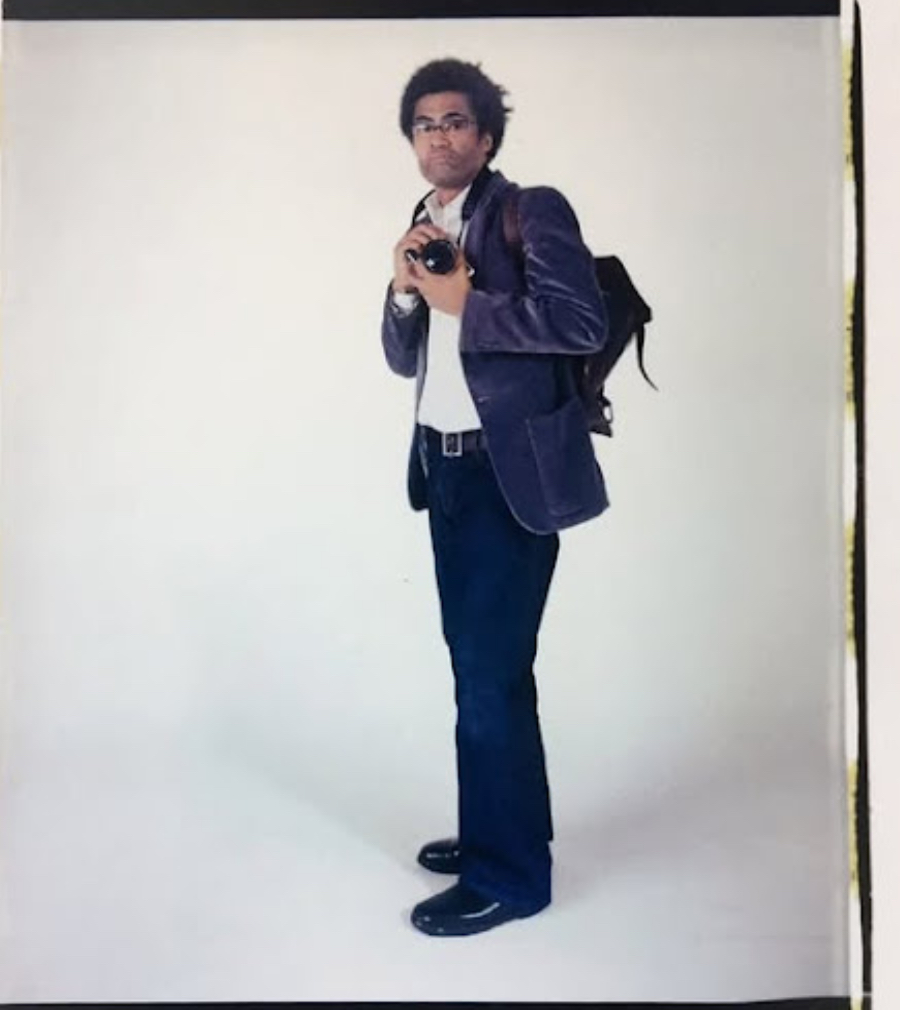The literary, music, and visual arts worlds are united in grief as they mourn the passing of Thomas Sayers Ellis, the bold and brilliant American poet, photographer, and bandleader who died at the age of 61. Known for his uncompromising vision, innovative spirit, and deeply rooted sense of cultural identity, Ellis leaves behind a legacy that transcends artistic boundaries and generations.
Born on October 5, 1963, in Washington, D.C., Thomas Sayers Ellis was a son of the city—steeped in its rhythms, its struggle, and its soul. Raised in the 7th and O Street NW neighborhood, Ellis was affectionately called “Stix” by those who knew him from his youth. His early life in D.C. would serve as a foundation for the themes of justice, heritage, rebellion, and beauty that marked his career in every medium he touched.
A graduate of Dunbar High School, one of the nation’s most historic and academically distinguished institutions, Ellis was a lifelong seeker: of truth, of justice, and of sound. Whether it was in the form of words, beats, or images, his entire life was an artistic exploration rooted in intellect and heart.
A Poetic Force
Ellis first burst onto the national literary scene with a voice that was as lyrical as it was insurgent. His poetry collections, including the award-winning The Maverick Room (2005) and the politically sharp Skin, Inc. (2010), were lauded for their boldness, innovation, and cultural critique. His work blended personal narrative with social commentary, offering raw, rhythmic meditations on Black identity, American contradiction, and historical memory.
In 1988, Ellis co-founded The Dark Room Collective, a pioneering literary group that nurtured and launched a generation of prominent African American writers, including Natasha Trethewey, Kevin Young, and Tracy K. Smith. The collective became an incubator for bold Black voices, and Ellis, ever the provocateur and mentor, was central to its vision and community.
A Revolutionary Educator
Ellis was as impactful in the classroom as he was on the page. He taught at institutions such as Case Western Reserve University, Bennington College, and Sarah Lawrence College, challenging students to push past aesthetic convention and find their own rhythm and power. His teaching was more than instruction—it was provocation, conversation, and liberation. Students remember him not only as a poet but as a guide who made them think critically and live courageously.
A Photographer of Soul and Street
Beyond the written word, Ellis had an eye for visual narrative. His photography—deeply intimate and often shot in black-and-white—revealed a tenderness and humanity that mirrored his poetry. Whether capturing the unnoticed angles of urban life or the resilient faces of everyday people, Ellis’s photos told stories of dignity, defiance, and quiet beauty. His lens saw what others overlooked, making the personal universal and the mundane magnificent.
A Musician in Motion
Never confined to a single medium, Thomas Sayers Ellis was also a gifted musician. A timbale player and founding member of the avant-garde literary jazz collective Heroes Are Gang Leaders, Ellis found poetry in percussion and message in movement. The group, a fusion of sound and spoken word, blurred the lines between genres and elevated Ellis’s voice to new sonic heights. Prior to that, he played with D.C.’s own Petworth Band, anchoring himself to the rhythms of the city that helped shape him.
Music was not an escape for Ellis—it was an extension of his activism, his artistry, and his storytelling. Whether in the studio or on stage, he delivered not just performance, but purpose.
A Life Remembered
In the days since his passing, tributes have poured in from across the artistic spectrum. Colleagues remember him as an uncompromising artist. Friends recall his unmatched curiosity, his wit, and his wild creativity. A former student wrote, “He didn’t teach me to write. He taught me to question, to rebel, to imagine.”
A friend from his youth shared, “Stix was always different. He wasn’t afraid of the questions no one else would ask. And he didn’t care what the answer looked like—he cared that it was honest.”
Thomas Sayers Ellis was many things: a poet of power, a photographer of nuance, a musician of resistance, and an educator of conviction. But above all, he was authentic—deeply and relentlessly. He didn’t chase fame or approval; he chased meaning. He lived as he created: with depth, defiance, and a deep commitment to his people and his art.
He is survived by family, countless friends, collaborators, former students, and an international community of artists, scholars, and admirers who continue to be moved by his words, his vision, and his rhythm.
Rest in power, Thomas Sayers Ellis.
Your hands held drums, your eyes held light, and your words held us.
May your rhythm echo forever.

Leave a Reply